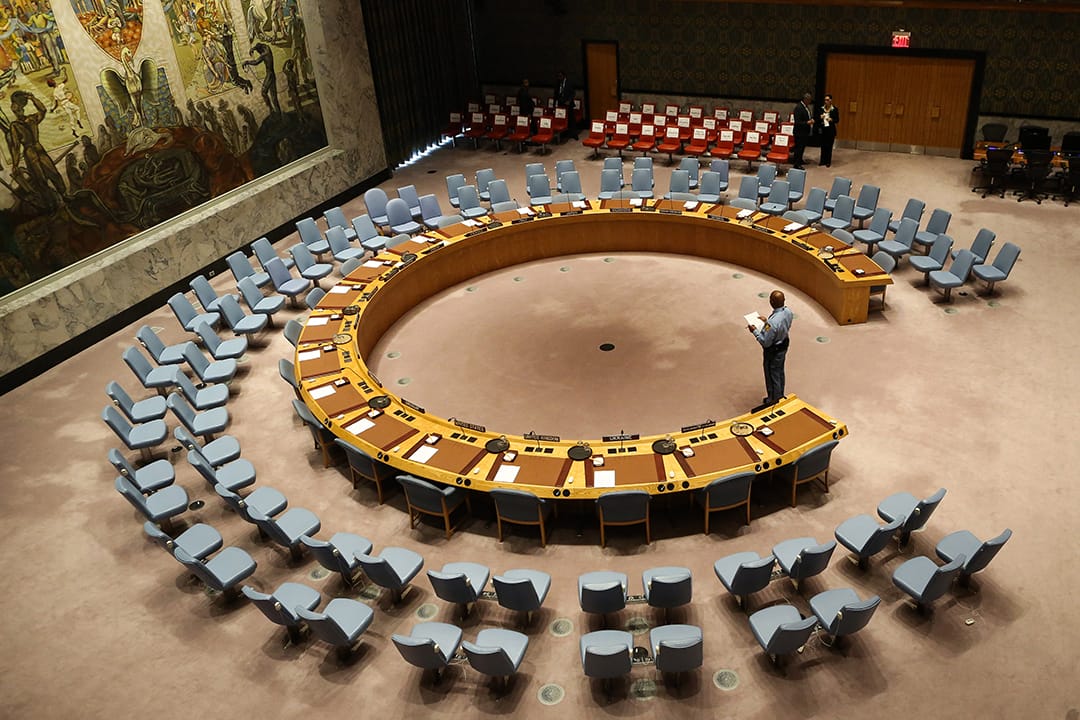The United States has once again found itself at the center of global scrutiny after vetoing a United Nations Security Council resolution calling for a ceasefire in Gaza. The decision has drawn widespread criticism from international allies, human rights organizations, and global citizens, all demanding an end to the ongoing violence in the region.
What Happened at the UN Security Council?
On Monday, the UN Security Council convened to vote on a draft resolution that called for an immediate ceasefire in Gaza, humanitarian aid access, and the protection of civilians. The resolution, backed by a majority of Council members, was aimed at halting hostilities that have escalated over the past several months.
The US stood alone in vetoing the measure. The UK abstained. Other nations—including France, China, and Russia—voted in favor.
The US justified its veto by stating that the resolution could undermine ongoing negotiations led by Washington to secure a temporary truce and the release of hostages. However, critics argue that diplomacy has stalled and that the humanitarian crisis in Gaza can no longer wait.
Global Reaction and Rising Anger
The US decision has triggered a wave of frustration across the globe. Palestinian officials accused the US of enabling further violence by blocking a resolution that could save lives. Human rights groups condemned the move, calling it morally indefensible.
Protests erupted in several countries, including Jordan, Turkey, and parts of Europe, with demonstrators demanding immediate international action and an end to US obstructionism at the UN.
Even some of America’s allies expressed concern. French officials called the situation in Gaza “intolerable,” while South Africa labeled the US veto as “a betrayal of humanity.”
Humanitarian Crisis Worsens
As the political battle rages on, the humanitarian toll in Gaza continues to climb. According to the UN, tens of thousands have been killed or injured since the conflict reignited, and over 80% of Gaza’s population is now displaced.
Hospitals are barely functioning. Access to clean water, food, and medical supplies is critically limited. Aid convoys are stuck at border crossings, unable to move without ceasefire guarantees.
The Bigger Picture
This is not the first time the US has used its veto power to block resolutions perceived as critical of Israel. Critics argue that this pattern undermines the UN’s credibility and fuels resentment in regions already volatile.
By blocking the Gaza ceasefire resolution, the US has positioned itself in a deeply controversial role—one that prioritizes strategic interests over humanitarian urgency.
What’s Next?
Pressure is mounting for the US to shift course. As civilian suffering worsens and international condemnation grows, the question remains: how long can the US maintain this position without isolating itself diplomatically?
The world is watching. The calls for a Gaza ceasefire aren’t going away—and neither is the anger.


